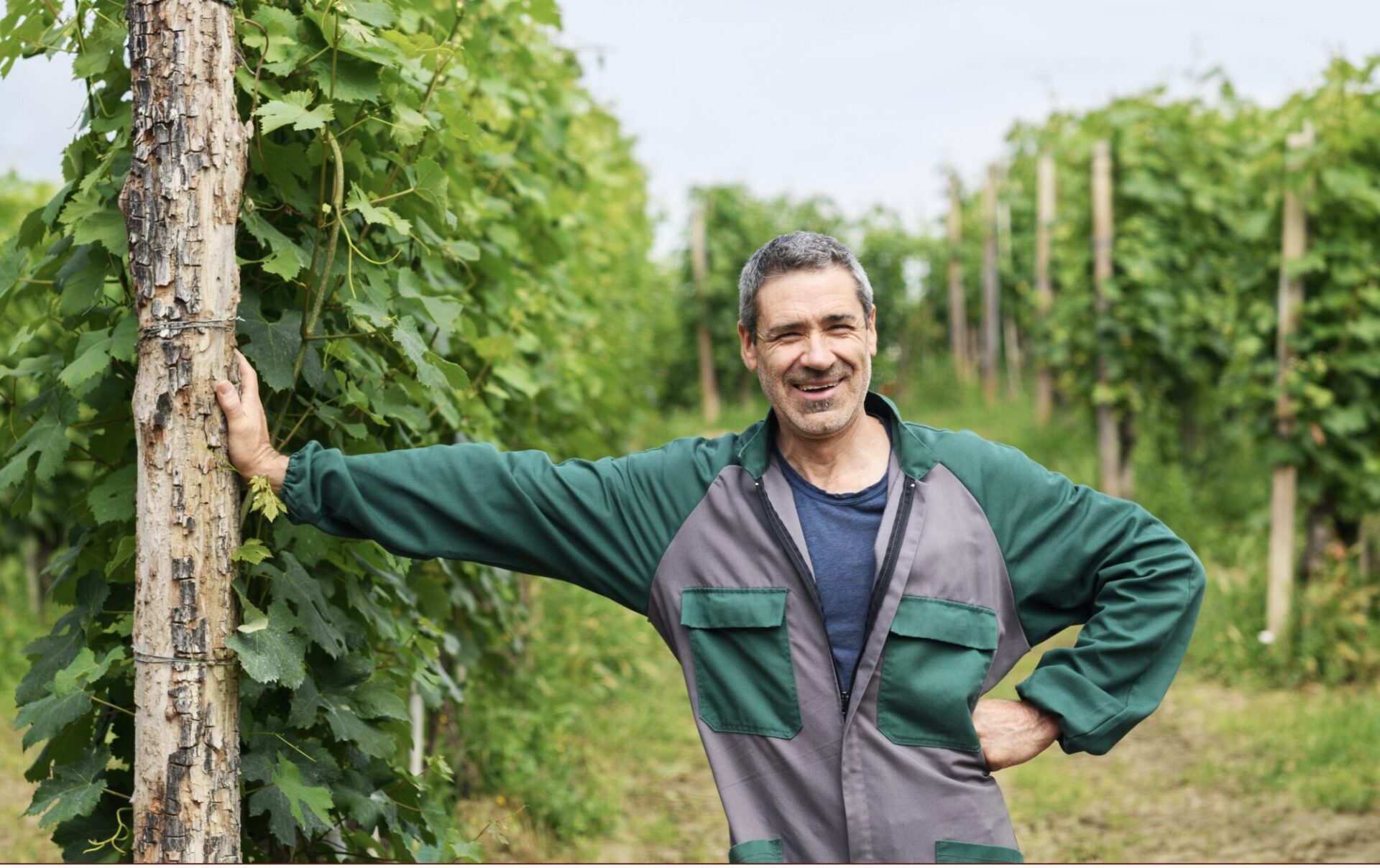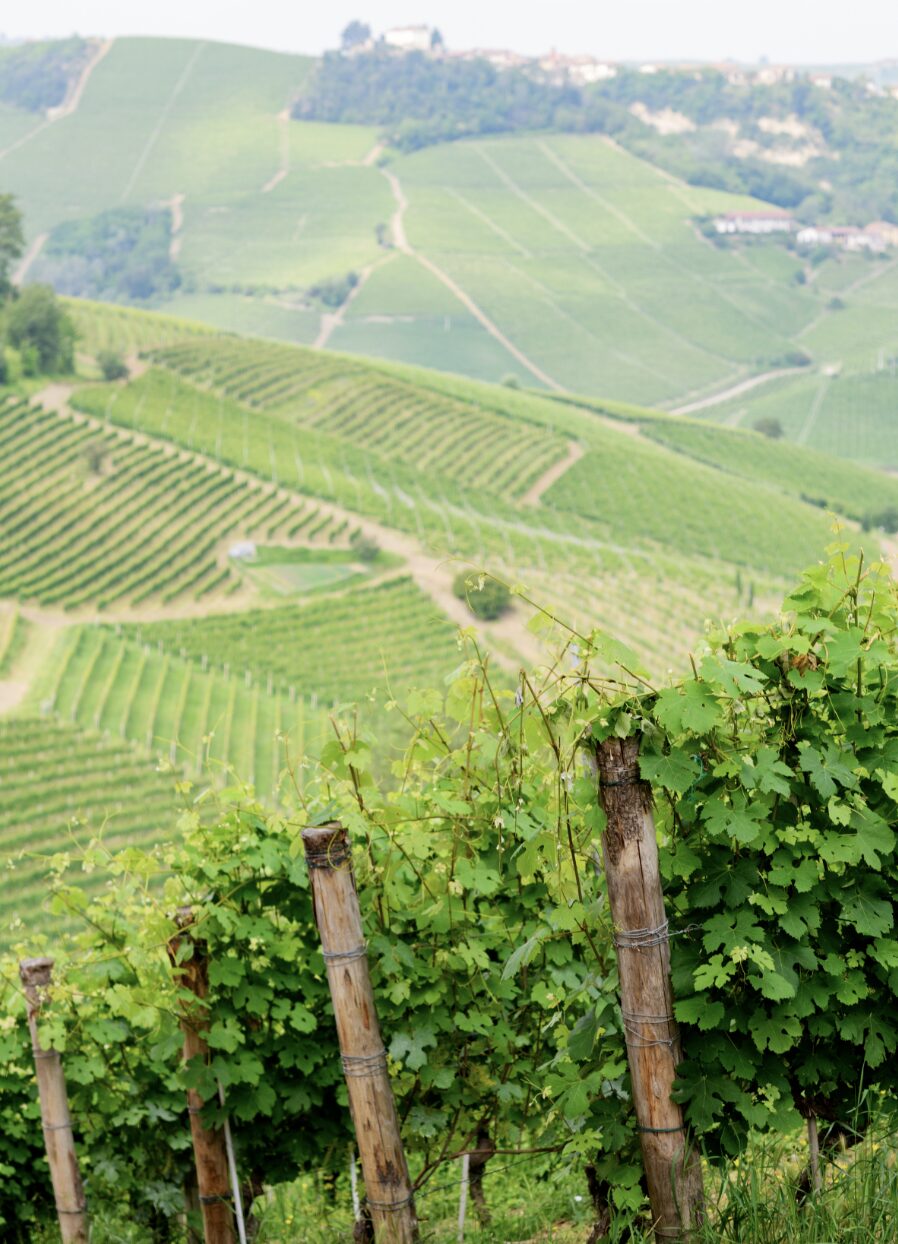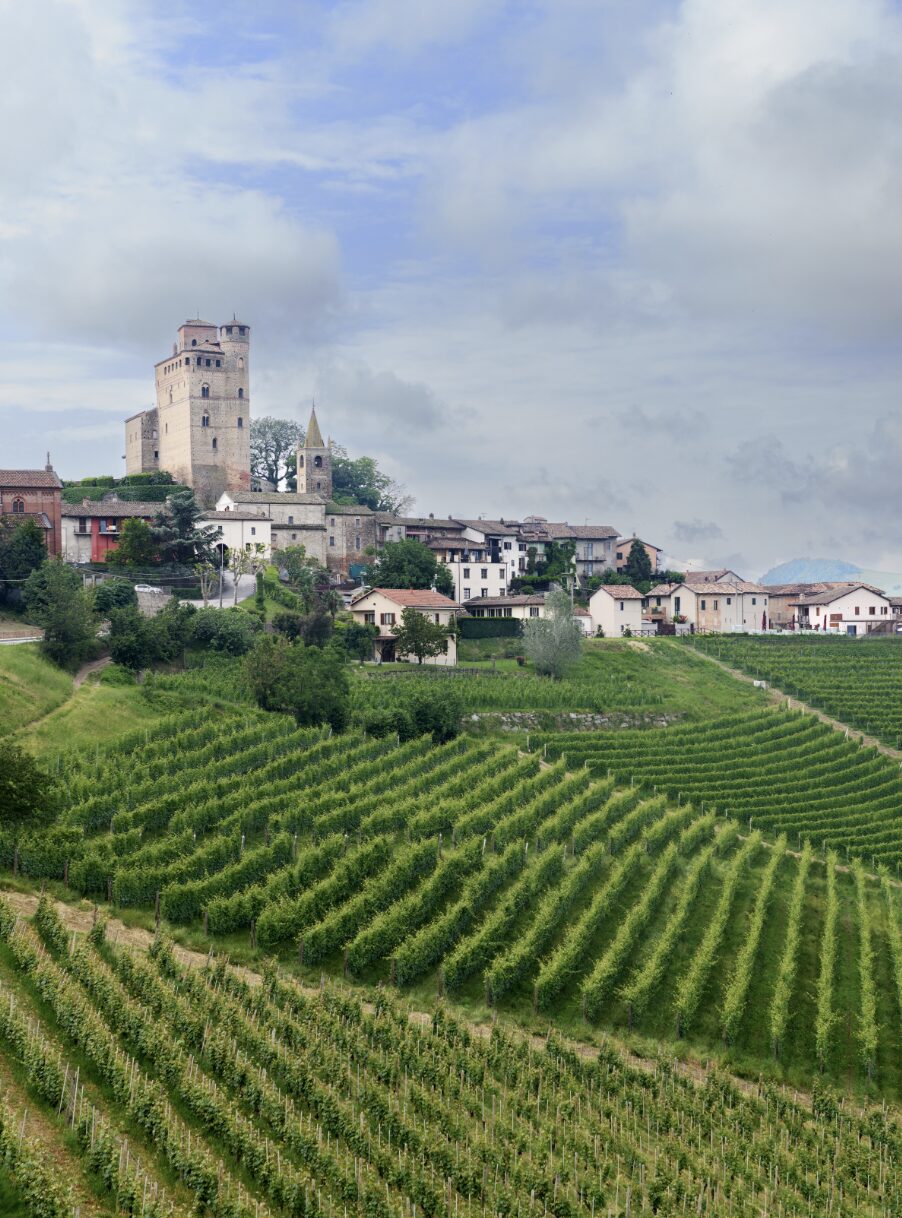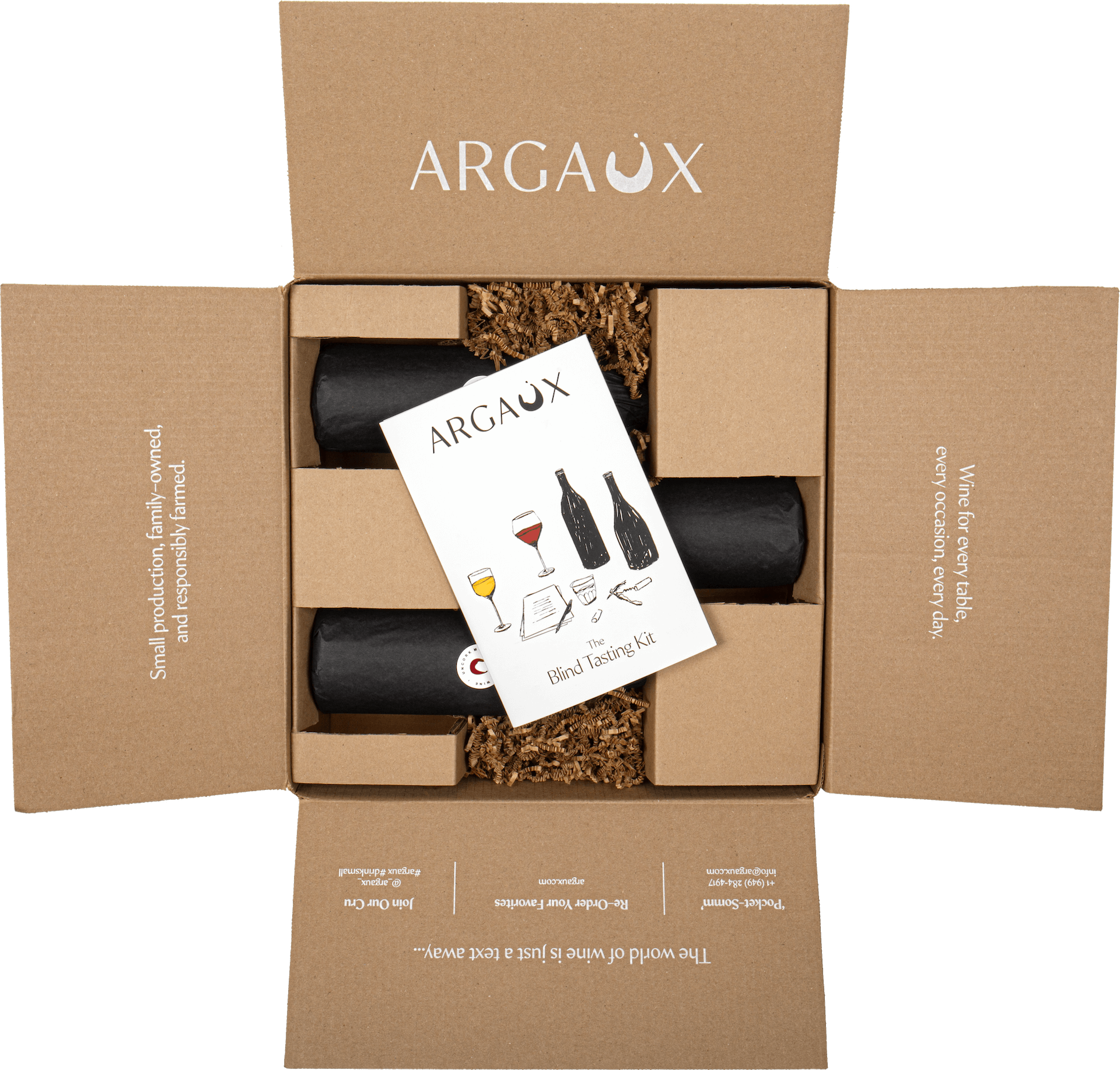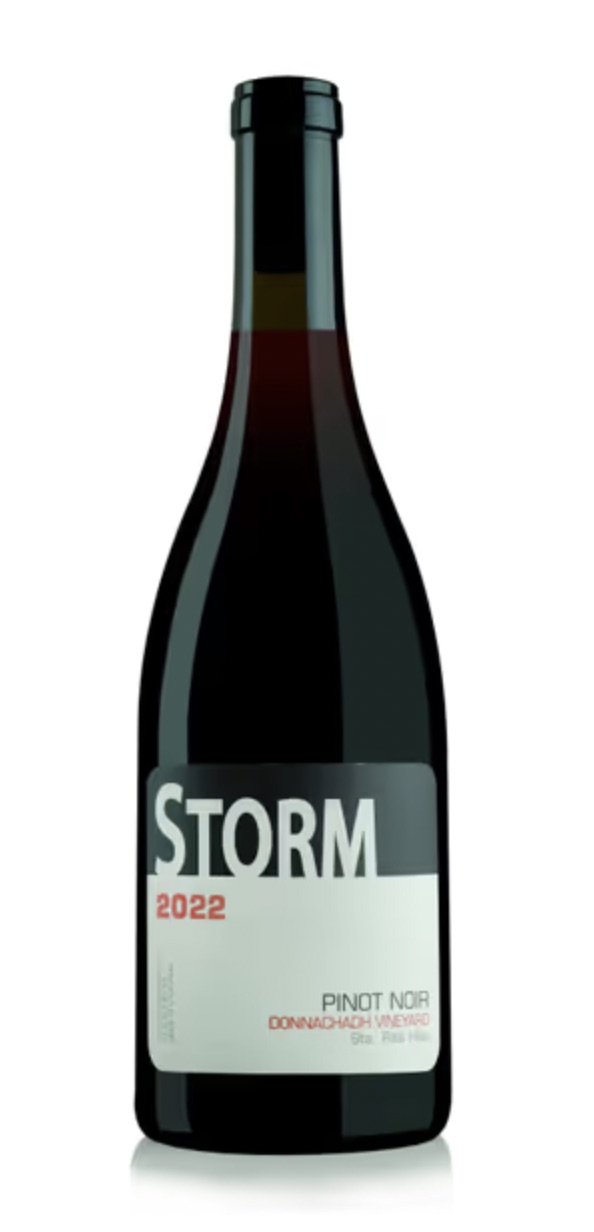2022 Guido Porro Barbera d’Alba “Vigna Santa Caterina”
The 40-year old vines for this Barbera sit in a privileged Barolo site, so there is no shortage of pedigree here. It’s a head-turning everyday pizza wine that makes you feel like you got a good deal. We love those wines. It’s also something you want to have on hand for a dinner party – and if you aren’t having pizza, enjoy it with chicken parmigiana.
Organic farming practices, hand-harvest, family-owned, native yeast fermentation, unfiltered and total production is only 3,750 cases annually (across 7 different wines).
- Tasting Notes bright blackberry, red cherry, currant, rose water, leather, mineral, clove, vanilla, velvety mouthfeel
- Variety Barbera
- Region Italy, Piedmont
- Volume 750ml
- Alcohol Volume 14.5%
- Table Talk If you like Barbera you my want to try Mourvedre next. DNA evidence suggests that Barbera is closely related to the Mourvedre grape of France and Spain. Look for a Spanish Monastrell or a French red from Bandol.
Guido Porro is a family-owned winery located in the heart of Piedmont, Italy, renowned for its dedication to traditional winemaking and the cultivation of native grape varieties. With vineyards nestled in the prestigious region of Serralunga d’Alba, the Porro family has been producing high-quality wines for generations. Their commitment to craftsmanship and respect for terroir shines through in every bottle. Reviews and notes on Guido Porro regularly refer to him as “under the radar”: the wines he makes are worthy of a stellar reputation, but he is too easygoing and unassuming to worry about whether the general wine-drinking public recognizes his name.
Sustainable Practices: Guido Porro embraces sustainable viticulture, aiming to preserve the environment and ensure the longevity of their vineyards. They employ organic farming methods, avoiding synthetic pesticides and herbicides, and focus on maintaining biodiversity in the vineyard. Their sustainable practices include minimal intervention in the winemaking process, allowing the natural characteristics of the grapes to take center stage.
Related Items
-
Select options This product has multiple variants. The options may be chosen on the product page$65.00 – $150.00
“Bring the experience of a blind wine tasting into your very own home with Argaux’s blind tasting kit. Experience new wines and follow along with their how-to guide so you can get the full blind tasting experience.
Try this out for your next at-home date night, or virtually gather with friends on video conference and enjoy a virtual tasting! Argaux even provides an option so you can send kits to multiple addresses, making it a piece of cake to enjoy with friends around the world.” – Sarah Boyd, Forbes
-
2024 Weingut Bründlmayer Kamptal Zweigelt Rosé
$28.00Austrian rosé is quickly becoming one of the most talked-about categories in wine, and Bründlmayer is a name you need to know. Willi Bründlmayer is widely regarded as a pioneer in Austrian winemaking, and this Zweigelt Rosé is a standout in the lineup. The bottle is a true masterclass in cool-climate rosé.
Certified organic by LACON, hand-harvested, native yeast fermentation, solar-powered and gravity-fed winery.
-
Best Seller
2022 Wonderland Project Atlas Peak Cabernet Sauvignon
$55.00Grown high on a west-facing slope above the fog line on the northern ridge of Atlas Peak, this is a true mountain Cabernet. The palate is dense, layered, and impeccably structured, finishing long and refined. It carries the essence of red volcanic soil, wild California chaparral, and sun-drenched hillsides. All we can say is, there’s a reason the The French Laundry picked this gem up.
Organic farming practices, native yeast fermentation, unfined/unfiltered, vegan-friendly and only 1,100 cases produced.
-
2022 Storm Wines Donnachadh Vineyard Sta. Rita Hills Pinot Noir
$60.00Crafted by the acclaimed Ernst Storm, this wine shows off everything we love about Sta. Rita Hills Pinot—lifted aromatics, pure red fruit, earthy undertones and silky tannins. A team favorite, this Pinot never fails to impress, no matter who’s at the table or what’s on the menu. It strikes that rare balance of elegance and approachability—making it a staple in our cellar.
Organic farming practices, native yeast fermentation, neutral oak aging, family-owned, less than 500 cases produced.



